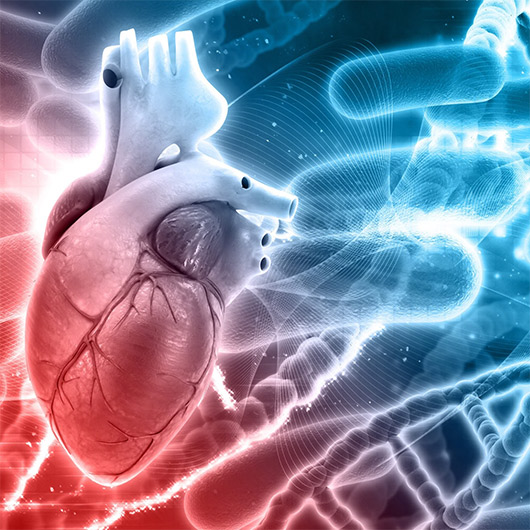
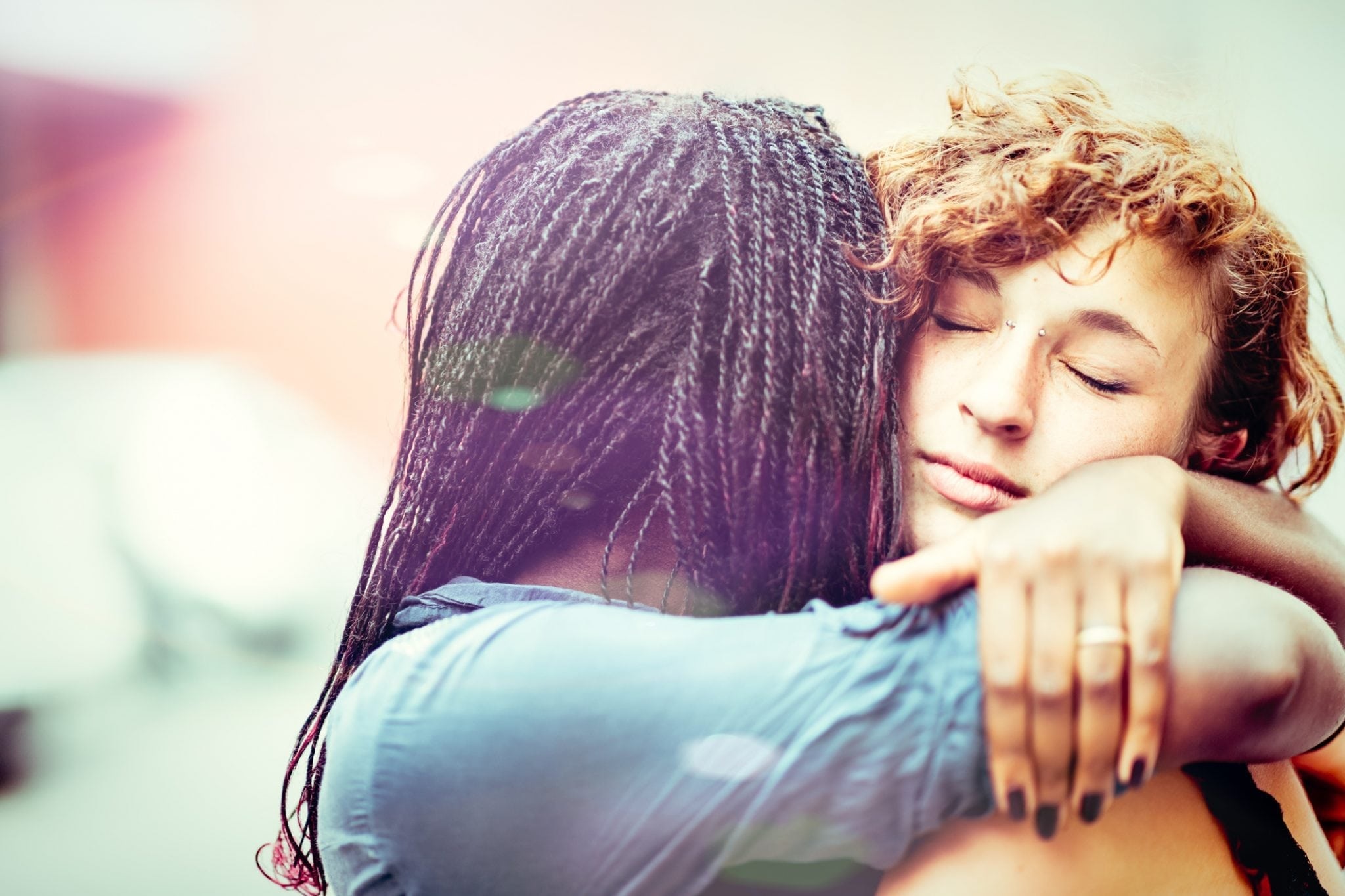
Every cancer diagnosis is unique, and it’s impossible to truly put yourself in their shoes and fully understand their struggle. After all, they are likely going through a range of emotions themselves and their needs can change day to day.
Kimberly Higgins, LCSW, MSW, OSW-C, DRCC, is an oncology social worker and through her work in cancer care provided some key insights as to how you can really help someone with cancer. “First we have to understand some of the common struggles that come with a cancer diagnoses,” explains Kimberly. “Although the disease itself weighs heavily on a patient, it’s often everything that surrounds it that makes the situation all the more challenging.”
Kimberly shared several examples of common struggles after a cancer diagnosis:
- Finances: “No matter what a person’s economic status is, it’s almost impossible for them not to feel the financial burden of cancer,” shares Kimberly. When someone has cancer, it’s often difficult for them to work. They can go on disability, but after a few months they typically become responsible for paying for their own health insurance. So in addition to the huge increase in medical bills to cover their treatment, they have less income and greater expenses.
- Transportation: Cancer treatment can be very aggressive, which means a lot of appointments, check-ins and scans. Couple several appointments per week with the pain and side effects of the disease itself, and it makes it really hard to drive. It becomes even more difficult if you don’t drive to begin with. These people have no choice but to rely on others or public transportation to get around.
- Keeping Up With Everyday Tasks: Getting your kids to and from school or practice, making a healthy dinner, cleaning the house, laundry and yardwork are all difficult to conquer on a daily basis. Now imagine you’re completely drained of energy and you feel really sick. Suddenly, those “everyday tasks” can seem like monumental challenges.
“These common struggles don’t even cover the physical and emotional challenges of the disease itself, but hopefully provide perspective as to how much cancer can truly change someone’s life,” adds Kimberly.
So how can you help?
- Be There for Them (But Really be There): “First and foremost, the best way to help a friend who is going through cancer, is to be a friend,” says Kimberly. “Don’t just say you’re there to help and then disappear. Reach out often to ask if they need anything. Can I pick up the kids? Can I drive you to treatment? Make sure to let them know there’s no need to respond, you just want to let them know you are there.”
- Organize Meal Giving: There are some popular sites out there that allow you to get together with a group of friends and schedule meals you can provide for families throughout the week. This way, they know dinner is covered and it’s one less thing they have to worry about. Through these websites, you’ll also avoid multiple trays of lasagna going to the same house on the same day.
- Host a Fundraiser: There are a lot of creative ways to help raise funds for friends, but websites such as Go Fund Me make it easier than ever. Consider asking your friend if you can set up a page on their behalf and share the link through e-mail and social media.
- Tackle Their Yard Work: If you spend a few hours pulling weeds, raking leaves or cutting the grass, it can make a huge difference and help someone going through cancer treatment maintain some bit of normalcy.
- Hire a Cleaning Service: Cleaning typically ends up on the bottom of the list of priorities when there are many other critical items that need to be taken care of each week. Consider offering to hire a cleaning service for a friend, it could be a huge relief for them to walk into a clean home at the end of the day.
- Grab Some Groceries: Like many of these everyday tasks, grocery shopping can be exhausting and sometimes too difficult to do when trying to coordinate appointments and get rest. If you’re heading to the grocery store, consider picking up a few extra items for your friend or asking them if they need any foods or goods to get them through the week.
- Encourage Support Groups: Having a place to connect openly with other people sharing similar challenges can be really helpful for someone with cancer. It gives them a place to express their emotions with no judgment. If it feels like your friend or family member is shutting down, encourage them to check out support groups in their area.
“These are just a few examples of things you can do to help a friend or family member who is dealing with cancer,” shares Kimberly. “Every task, in addition to the pain and fear caused by the cancer itself, can be daunting. Having friends to lean on in these times of need is so extremely valuable.”
Next Steps & Resources:
- Meet our source: Kimberly Higgins, LCSW, MSW, OSW-C, DRCC, an oncology social worker
- To make an appointment with a doctor near you, call 800-822-8905 or visit our website.
- Learn more about Hackensack Meridian Health Cancer Care
Find a doctor near me
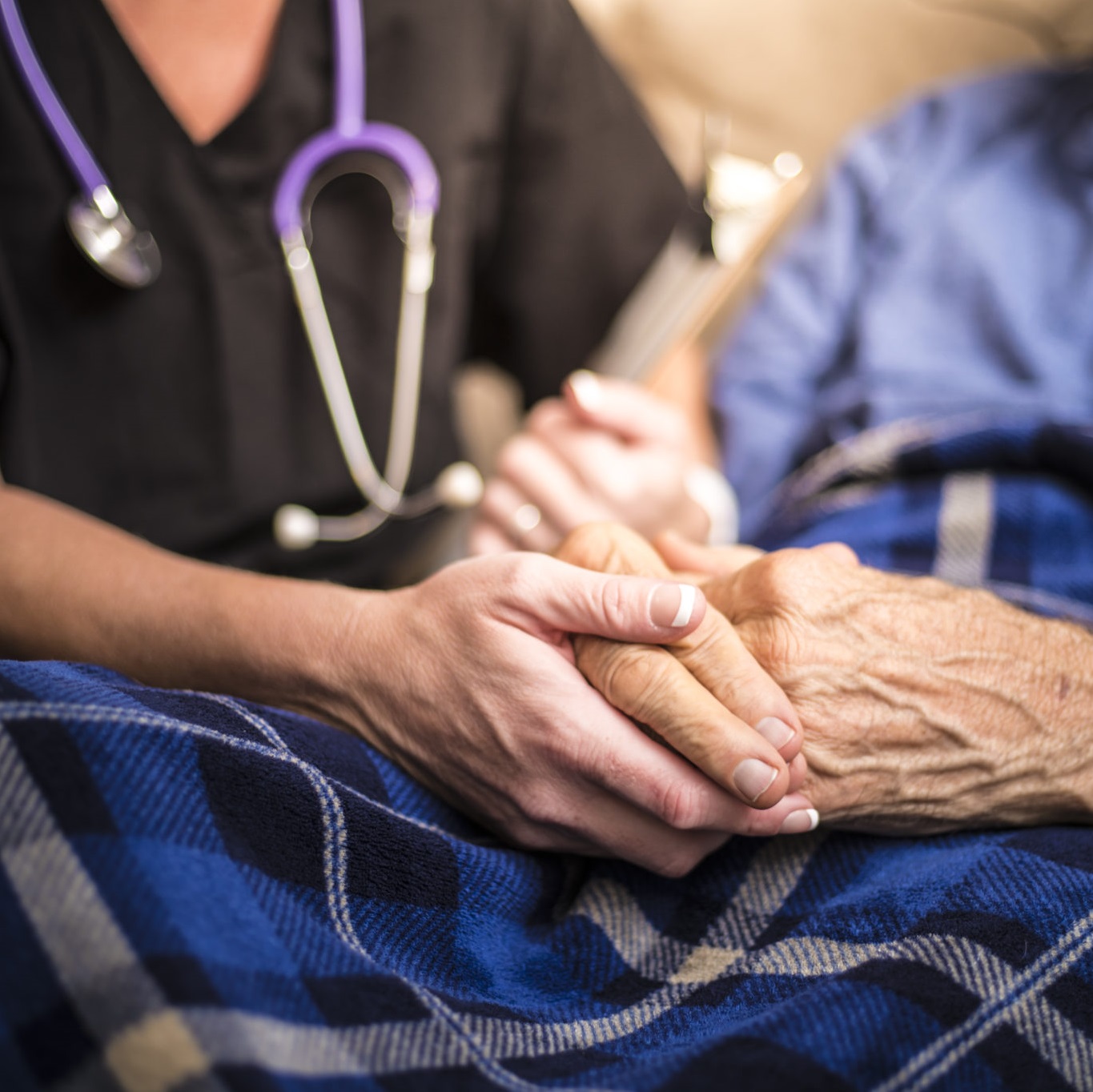
When Should Someone Be Offered Palliative Care?
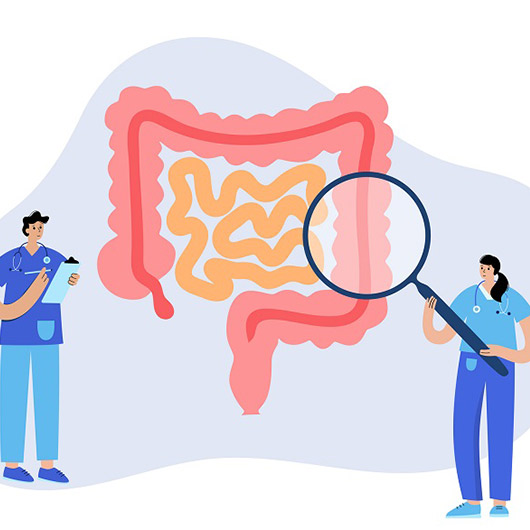
When Should You Get Screened for Colorectal Cancer? Earlier Than You Think
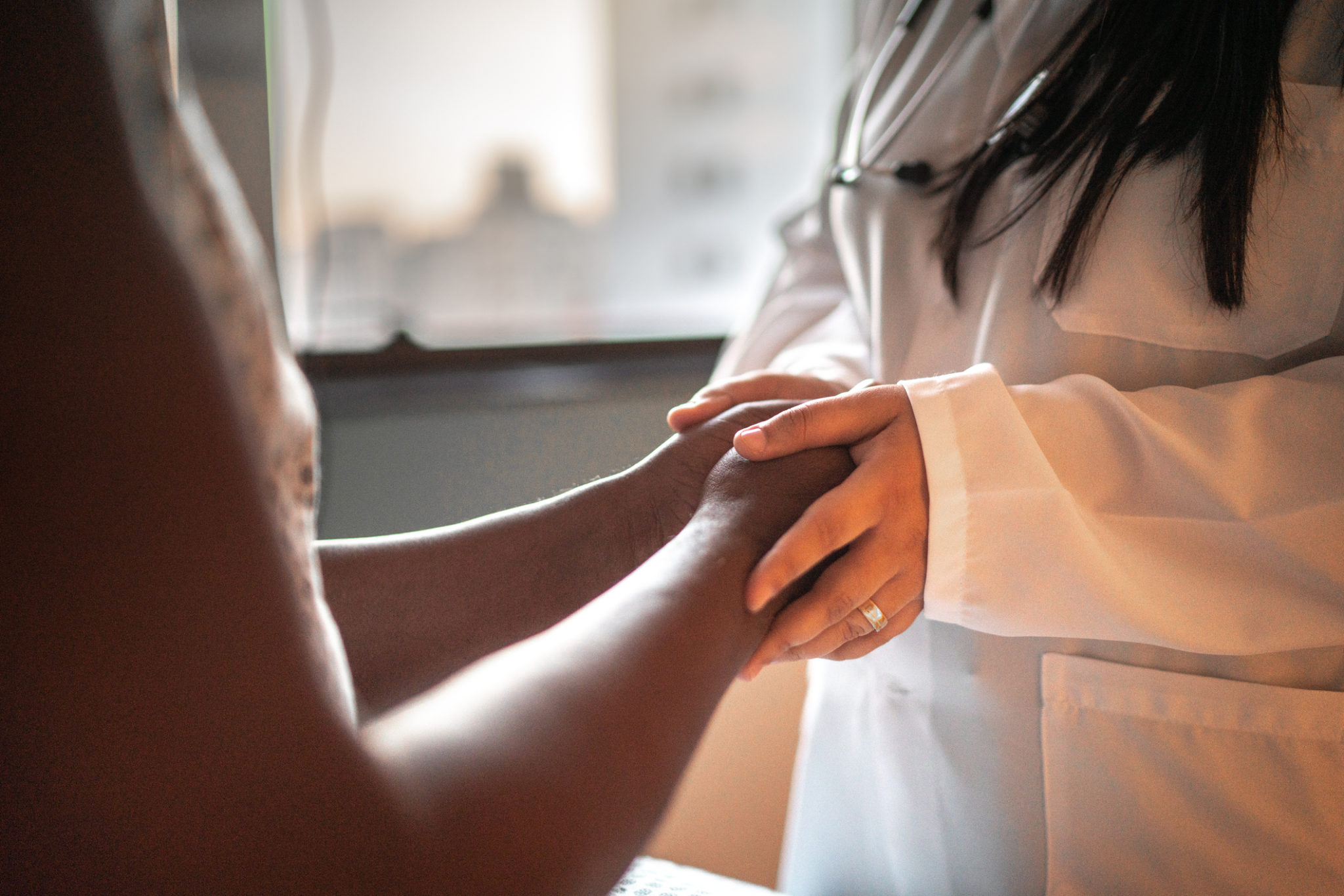
Manage Living with Chronic Illness
